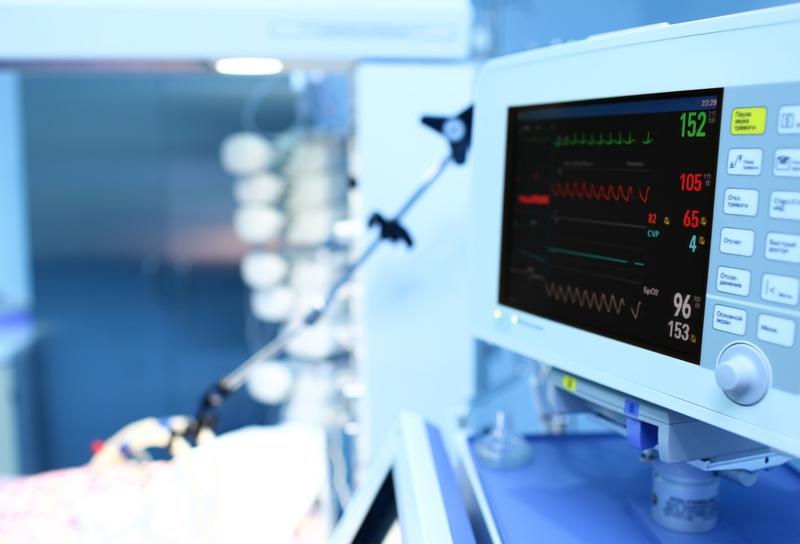
While the health care field is all about patient outcomes, the bottom line is important. Hospitals and other care providers that achieve high levels of financial efficiency will find themselves ideally prepared to better serve their patients and maximize their positive impact in general. When looking to cut costs and make these companies as effective as possible, the areas to target will be familiar to anyone from another business sector, with the supply chain in a prominent place among them.
Just as with any company, hospitals and other medical facilities need to source items at reasonable prices. The challenge is intensified for the health care field due to the special regulations surrounding many of the potentially life-saving devices needed to run a medical practice. Setting up such a supply chain is a worthy challenge for the administrators at hospitals.
Quantifying the opportunity
According to Supply Chain Digital, new research has revealed that hospitals can achieve an average 17.8 percent reduction in supply chain expenses if they improve relevant processes. Main Line Health's Christine Torres stated that hospitals find about a third of their operating budgets goes into supply processes. This means that any changes enabling more favorable sourcing conditions can have a huge proportional effect on the amount of capital available to the facility at any time.
Supply Chain Digital reported that better data use can help supply professionals in health care realize the savings they're after. They can calculate when it's possible and profitable to reduce the number of suppliers contracted, standardize the operation of clinical devices, add a dose of automation to manual processes and more.
All of these tweaks are in service of the end goal of getting more for less. Hospitals that haven't tried such modifications may be suffering from the common supply chain flaw of leaving legacy processes unexamined for too long because they aren't "broken." Many organizations across industries could be suffering from a lack of efficiency because it has been too long since they examined their processes up close.

New approaches to data
Separate research carried out by pharmaceutical distributor McKesson shows the shortcomings with current data reporting and usage. Healthcare Finance News reported that the company has taken issue with current requisition workflows. Current systems can involve too little standardization. If companies work toward operations that generate clear data, it's easy to run cost comparisons and other analyses, and to weed out orders that would lead to non-approved devices being the subject of orders.
Some of the challenges include situations when physicians prefer to use items that are outside of the standards of automated systems. Supply chains may have developed workflows for purchasing certain versions of medical devices, but the human input of doctors may challenge the systems. Healthcare Finance News reported that staff members including physicians should become part of the decision-making process. When employees are unaware of the larger procurement picture, they may accidentally make purchasing less standardized and efficient.
The future of hospital supply chain optimization looks bright, as the money is there to be saved, and the processes to do so are within reach. The next step could come very soon.


Post A Comment:
0 comments so far,add yours